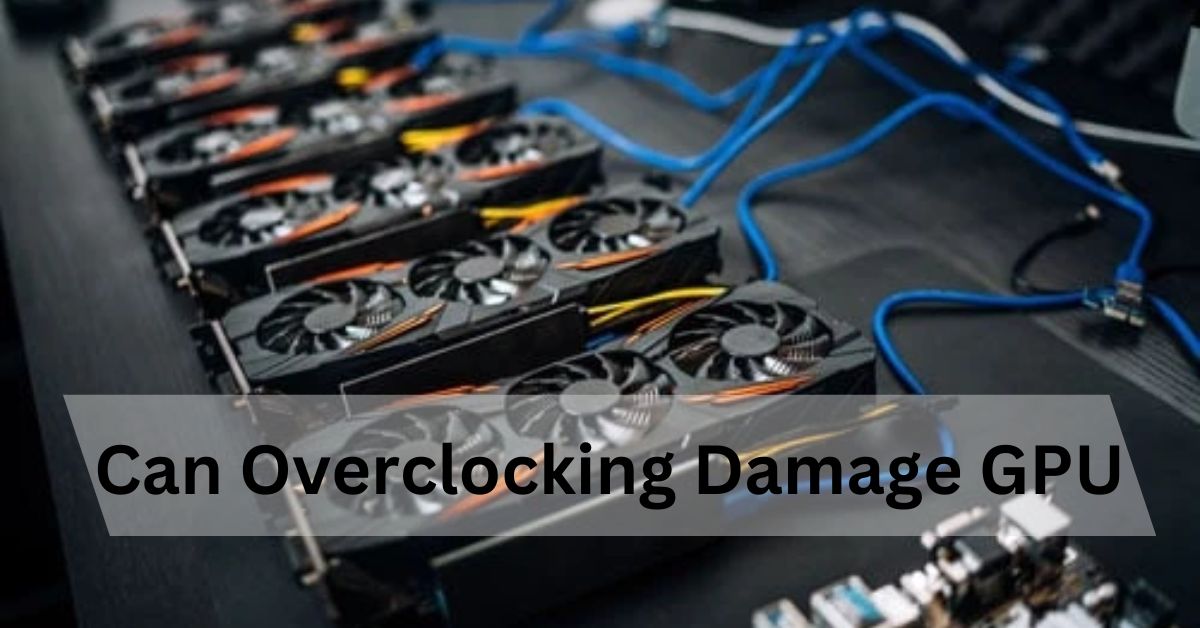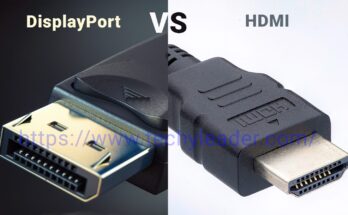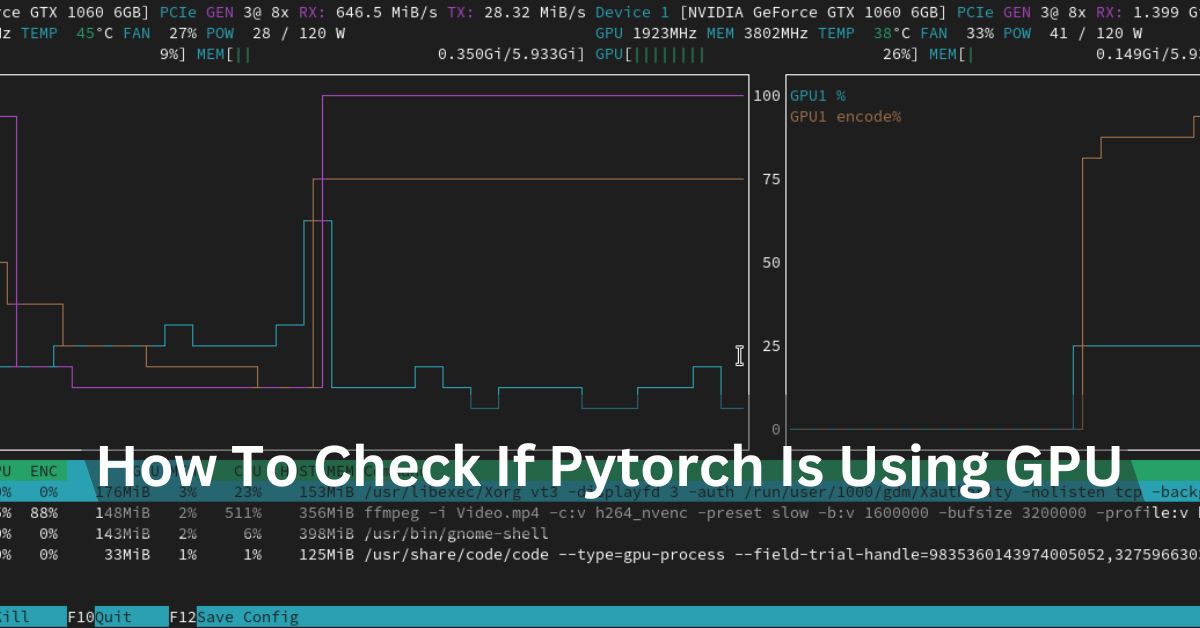For most PC lovers, pushing their equipment past its manufacturing plant settings to acquire additional presentation is powerful. One of the principal worries among over clocker’s is that overclocking at any point damages the valuable illustration handling unit (GPU).
Overclocking your GPU is generally safe, with minimal risk of damaging your equipment. On the off chance that there’s an issue, the PC will crash or deliver visual curios, which is a decent warning that your game is going to crash.
In this article, we’ll explore the subtleties of GPU overclocking, investigating its advantages, chances, and actions you can take to ensure your GPU stays sound in the meantime.
Figuring out GPU Overclocking:
Prior to exploring the dangers, let’s first understand what overclocking involves. At its core, overclocking involves pushing an equipment part—like a CPU or GPU—past its industrial facility to set determinations to accomplish better execution. For GPU’s, this commonly includes speeding up (MHz) or potentially the memory speed (MHz) past the maker’s suggested settings.
The Allure of Overclocking:
The allure of overclocking is obvious. For gamer’s, it can mean higher edge rates, smoother interactivity, and an overall improved gaming experience. Content makers, then, can profit from decreased delivery times, permitting them to finish projects more rapidly. The charm of accomplishing better execution without requiring an expensive equipment update attracts numerous clients to investigate the universe of overclocking.
The Dangers Implied:
While overclocking can yield excellent outcomes, it’s not without its dangers. Pushing your GPU past its cutoff points can prompt a few likely issues, with equipment damage being the most unsettling. Here are a portion of the dangers implied:
1. Overheating:
Speed-up creates more intensity, and while not appropriately made due, this can prompt overheating. After some time, unreasonable intensity can corrupt parts, perhaps shortening your GPU’s life expectancy.
2. Instability:
Overclocking can make your GPU more vulnerable to problems, such as system accidents, freezes, or ancient graphical rarities. These issues can upset your registration experience and possibly damage the GPU.
3. Voided Guarantee:
It’s vital to note that overclocking your GPU avoids its guarantee. Producers usually don’t cover the damage caused by overclocking, leaving you all alone and assuming something turns out badly.
4. Electrical damage:
Pushing voltage too high can cause electrical damage to the GPU, prompting unsalvageable damage. While most present-day GPU’s have shields to forestall horrendous disappointment, there’s still a gamble, mainly while wandering into the outrageous overclocking domain.
Also Read: Do I Need To Update BIOS For New CPU?-Complete Guide
Mitigating the Risks:
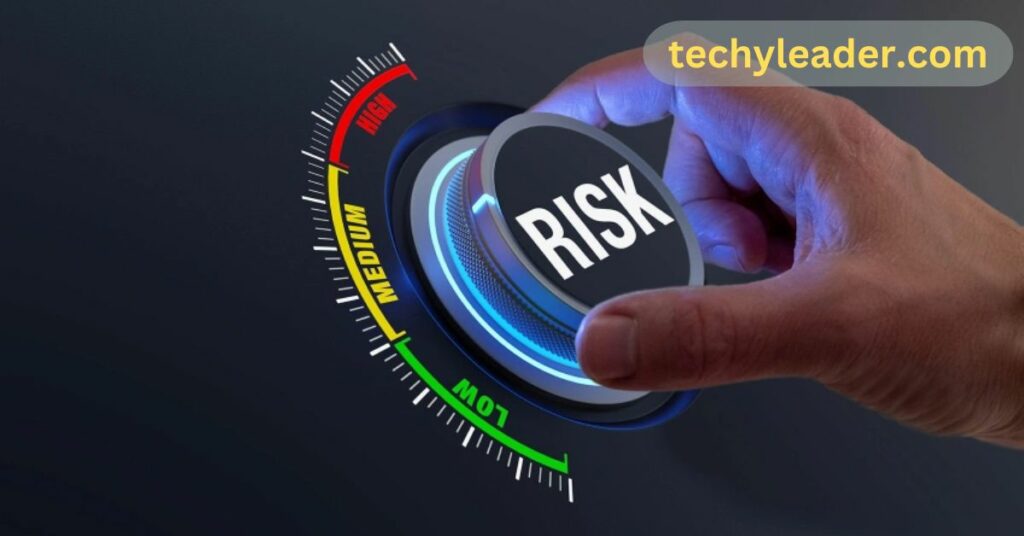
Despite the dangers, numerous clients effectively overclock their GPU’s without experiencing any issues. The vital lies in avoiding potential risk and following accepted procedures:
1. Temperature Observing:
Watch out for your GPU’s temperature while overclocking. Use observing programming to guarantee that temperatures stay inside safe cutoff points.
2. Steady Increments:
Instead of taking enormous leaps in clock speeds, continuously increase them in little increments. This permits you to find the ideal harmony between execution and soundness without driving the GPU excessively far.
3. Stress Testing:
Before announcing your overclock is stable, ensure your GPU guarantees its steadiness under load. A few pressure testing devices are available that can assist you with assessing the soundness of your overclock.
4. Cooling Arrangements:
Put resources into satisfactory cooling solutions to help scatter the extra intensity created by overclocking. This can incorporate redesigning your GPU’s stock cooler or putting resources into post-retail cooling arrangements, such as water cooling.
5. Know Your Limits:
Understand that each GPU is unique; not all chips will overclock the equivalent. Consider the limits of your particular GPU model and limit it to what it can handle.
Also Read: How To Free Up GPU Memory?-Computer Guide
The Possible Advantages of Overclocking:
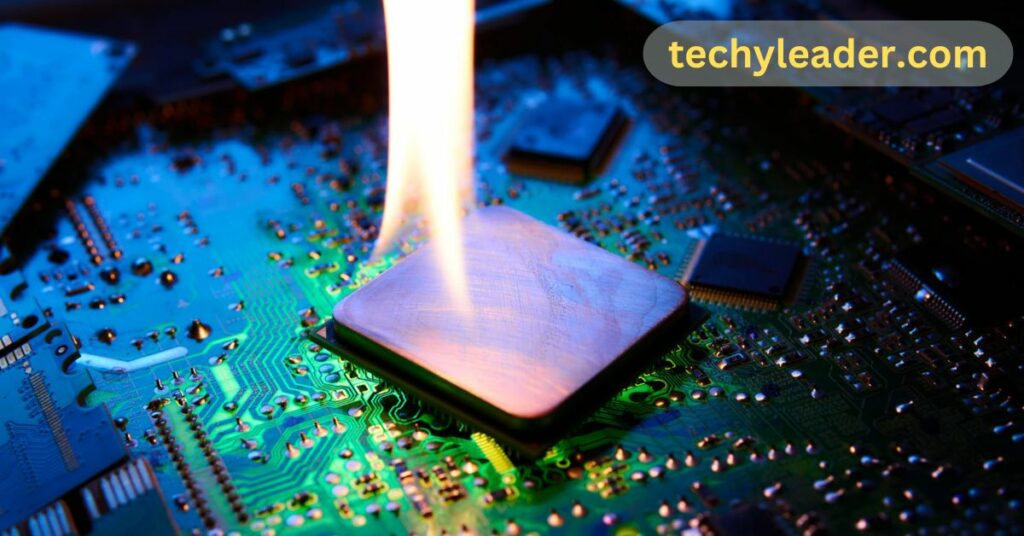
While overclocking conveys chances, it can likewise offer a few expected benefits for your GPU:
1. Expanded Execution:
Overclocking can help the presentation of your GPU, permitting it to run at higher clock speeds and accomplish better casing rates in games or quicker delivery times in imaginative applications.
2. Better Gaming Experience:
With higher clock speeds, your GPU can convey smoother ongoing interaction and further developed responsiveness, upgrading your general gaming experience.
3. Financially savvy Execution Lift:
Overclocking can be a financially savvy method of getting more execution out of your current equipment without investing resources in another GPU.
4. Customization:
Overclocking permits you to calibrate your GPU’s presentation to meet your particular requirements and inclinations, whether you’re after the gold rates in gaming or quicker delivery in proficient applications.
5. Broadened Life expectancy:
While overclocking can cause some damage, when done moderately and with appropriate cooling, it might possibly extend the usable life expectancy of your GPU by keeping its exhibition cutthroat with fresher models.
Also Read: How Long Does GPU Last?-Complete Guide
FAQ’s:
1. Does overclocking ruin your PC?
Nowadays, overclocking is exceptionally protected, as cutting-edge PCs have implicit shields to shut down or mood-killing parts if they get excessively hot.
2. Does overclocking CPU influence GPU?
Overclocking expands the power utilization and the intensity of your CPU and GPU, which can prompt accidents, freezes, relics, or even long-lasting disappointments.
3. Is it dangerous to overclock the GPU?
For the most part, overclocking won’t damage your GPU when done well. In any case, you can cause damage if you eliminate voltage impediments and feed considerably more capacity to your GPU.
4. Is overclocking worth the effort?
Expanding a CPU’s clock speed can work on its presentation. Overclocking can broaden the valuable existence of a processor by assisting it with staying aware of progressively requesting programming prerequisites.
Conclusion:
Taking everything into account, while overclocking can offer critical execution gains, it’s not without its dangers. Pushing your GPU past its cutoff points may cause instability and void guarantees. Nonetheless, with legitimate precautionary measures, observing, and a wary methodology, numerous clients can securely overclock their GPU’s with insignificant issues.
Eventually, the choice to overclock your GPU ought to be drawn nearer with cautious thought, gauging the possible advantages against the intrinsic dangers. Whenever done mindfully, overclocking can be a compensating try, opening the maximum capacity of your GPU and giving a substantial lift to your processing experience.
